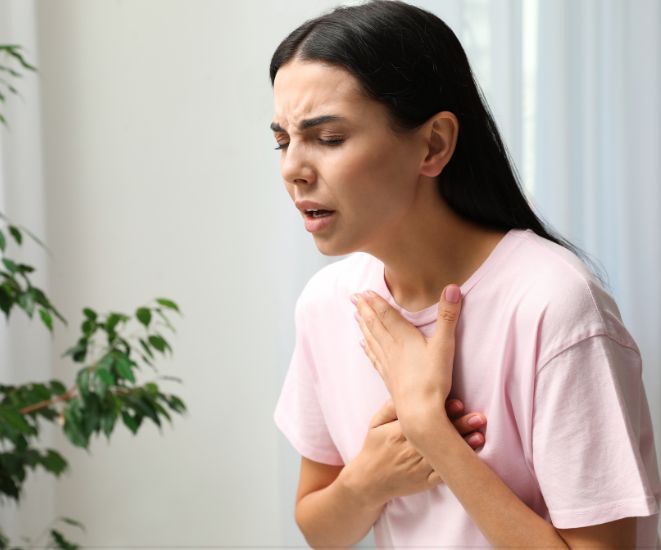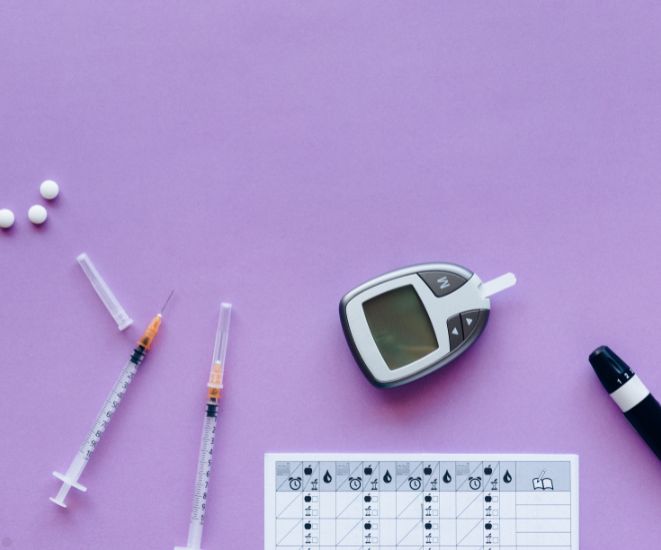Latest Treatment Options for COPD
People with COPD often experience shortness of breath, wheezing and coughing. Luckily, there's something that can help: STIOLTO. A prescription inhaler used to treat chronic obstructive pulmonary disease (COPD).
STIOLTO
STIOLTO is a combination of two medicines, olodaterol and tiotropium, which work together to help you breathe better.
- Olodaterol helps relax the muscles around your airways, making them wider so air can flow in and out more easily.
- Tiotropium helps keep the airways open and prevents them from tightening.
Patients use STIOLTO with an inhaler once a day. Many people find that it reduces their shortness of breath and helps them feel more energetic.
Inhaled Corticosteroids
Inhaled corticosteroids are another important treatment for COPD. These medicines help reduce inflammation in the lungs. When the lungs are less inflamed, it becomes easier to breathe. Common inhaled corticosteroids include:
- Fluticasone.
- Budesonide.
These medications can be used alone or combined with bronchodilators for better results.
Bronchodilators
Bronchodilators are medications that help open the airways in the lungs. There are two main types of bronchodilators:
- Short-acting bronchodilators: These provide quick relief of symptoms and are often used during a COPD flare-up.
Long-acting bronchodilators: These are taken regularly to provide ongoing relief. They help keep the airways open throughout the day and night.
Oxygen Therapy
For some people with severe COPD, oxygen therapy is a necessary treatment. It provides extra oxygen to help with breathing. Patients can use oxygen tanks or concentrators at home to ensure they have enough oxygen. Oxygen therapy can help improve energy levels and make daily activities easier.
Pulmonary Rehabilitation
Pulmonary rehabilitation is a program designed to help people with COPD improve their quality of life. It includes:
- Exercise training: This helps build strength and endurance. Even light exercises can make a big difference in how you feel.
- Education: Patients learn more about their condition and how to manage it effectively.
- Nutritional guidance: Eating healthy is vital for overall health. Nutritionists can help create meal plans to support lung function.
New Medications
Researchers are always looking for new ways to treat COPD. Some of the latest developments include:
- Biologics: These are new medications that target specific parts of the immune system. They may help reduce inflammation and improve lung function.
- Stem cell therapy: This experimental treatment aims to heal damaged lung tissue and is currently being studied for COPD.
Lifestyle Changes
Making lifestyle changes can also have a big impact on managing COPD. Some tips include:
- Quit smoking: If you smoke, stopping is the most important thing you can do for your health. There are many resources to help you quit.
- Stay active: Regular physical activity is essential. Gentle exercises, like walking, can help strengthen the lungs.
- Avoid triggers: Stay away from things that can worsen symptoms, such as smoke, dust and strong odors.
COPD Breakthroughs
COPD can be a challenging condition, but many treatment options are available to help manage symptoms. From medications like STIOLTO to oxygen therapy and lifestyle changes, there are ways to improve your quality of life. Always talk to your healthcare provider about the best treatment plan for you. Keeping up with new treatments can also help you make informed choices about your care.

